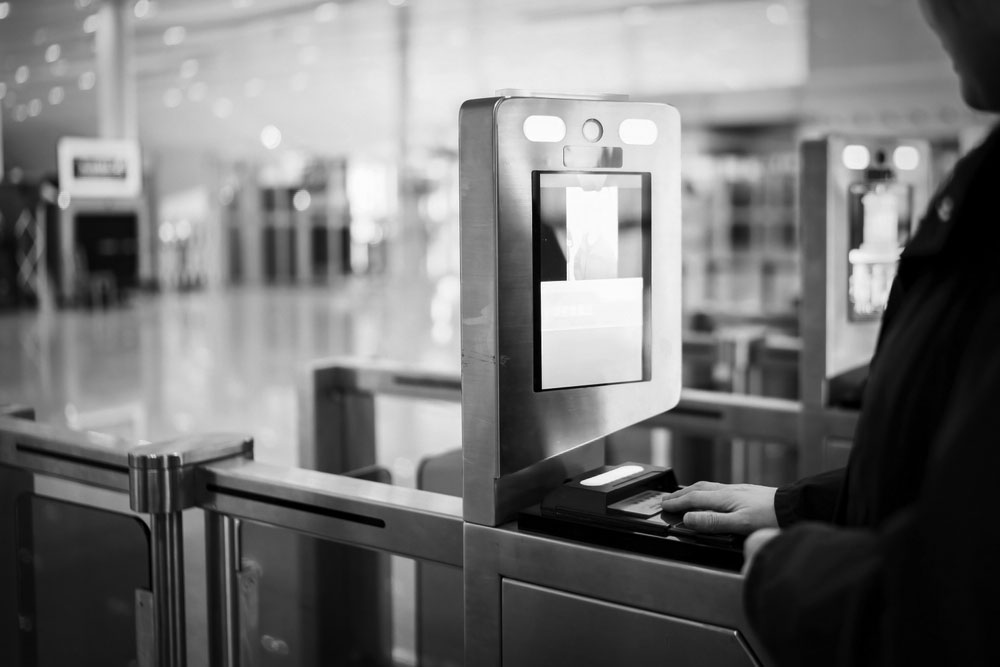Treasury Management in Q4 2025: what travel businesses need to know
By Jonathan Cook October 22nd, 2025

ravel firms see plenty of risks this quarter, but technological improvements continue at pace.
The UK travel industry is bracing for a challenging final quarter. Caught between economic troubles at home and an uncertain business environment, many have the autumn budget (November 26) circled in their calendars.
With significant events looming large, businesses are facing a complex web of risks that threaten both demand and operational stability. But what exactly might happen between now and Christmas, and how can the travel industry navigate these risks?
To read comprehensive analysis of the final three months of 2025, download your October-December Quarterly Forecast today.
A Make-or-Break Budget
The UK’s financial foundations are shaky. The government borrowed almost £84 billion in the first five months of the fiscal year alone (now over £100 billion) and the UK economy remains mired in a cycle of low growth and stubbornly high inflation, which the OECD projects will be the highest in the G7 this year.
This has created a two-pronged problem for travel firms. Firstly, consumers have become reluctant to book holidays as uncertainty around household finances continues to bite. Secondly, businesses themselves face uncertainty, pointing to the rapidly shrinking fiscal headroom and the government’s need to either slash expenditure or raise revenue. Higher taxes or spending cuts look to be the only way this can be achieved.
All eyes are now on Chancellor Rachel Reeves’ delayed Autumn Budget, scheduled for November 26th. This budget is seen as a “one shot” moment for the new government, with the Chancellor walking a tightrope between the tax-and-spend desires of her party and the need for fiscal restraint. With analysts predicting a “black hole” in public finances as high as £50 billion, the travel sector is justifiably concerned. Any tax increases could further dampen already fragile demand, while any new spending initiatives could destabilise the bond market. For businesses, there is no guarantee operating costs will remain unchanged as the year closes.
Stagflation and Uncertainty
Sterling’s struggles haven’t done travel any favours. The pound failed to capitalise on a historically weak US dollar over the summer and has fallen by six cents against the euro since April.
Currency risk is being amplified by diverging monetary policies. The Bank of England (BoE) delivered a quarter-point interest rate cut in August as it confronts the two-headed monster of stagflation. Markets are still expecting just one more cut before the year is out. In sharp contrast, the European Central Bank (ECB) is in a relative goldilocks zone, with both inflation and interest rates at 2%.
This policy divergence will be thrown into sharp relief on December 18th, when both the BoE and ECB hold their final rate meetings of the year. That day will likely highlight two diametrically opposed monetary directions and could inject significant volatility into the GBP/EUR pair, a critical variable for any UK travel business with European exposure. In a global currency market trading almost $10 trillion per day,
The risk and reward of AI
Like much of the corporate world, travel is gripped by AI mania. Travel firms have been early adopters of this new technology, drawn to the promise of personalised recommendations to boost customer satisfaction and the automation of menial tasks that gum up payments.
The problem, however, lies in execution. A troubling number of firms possess the desire to implement AI but lack the technical know-how or vision to do so effectively. Businesses need the right guidance and tools to make the most of the AI age.
As 2025 draws to a close, the UK travel sector finds itself at the intersection of these powerful forces. Success will depend on navigating consumer caution, bracing for domestic fiscal shocks, managing complex currency risks, and how effectively they adopt new technologies.
Smart Currency Fintech works closely with the travel industry to overcome currency risk and implement efficient, automated solutions to payment problems. To see how we’re helping business like yours, download our latest case study here.
For an initial discussion around how our innovative solutions could bring value to your business, call 020 3433 1328 or email [email protected]

 020 7898 0500
020 7898 0500
